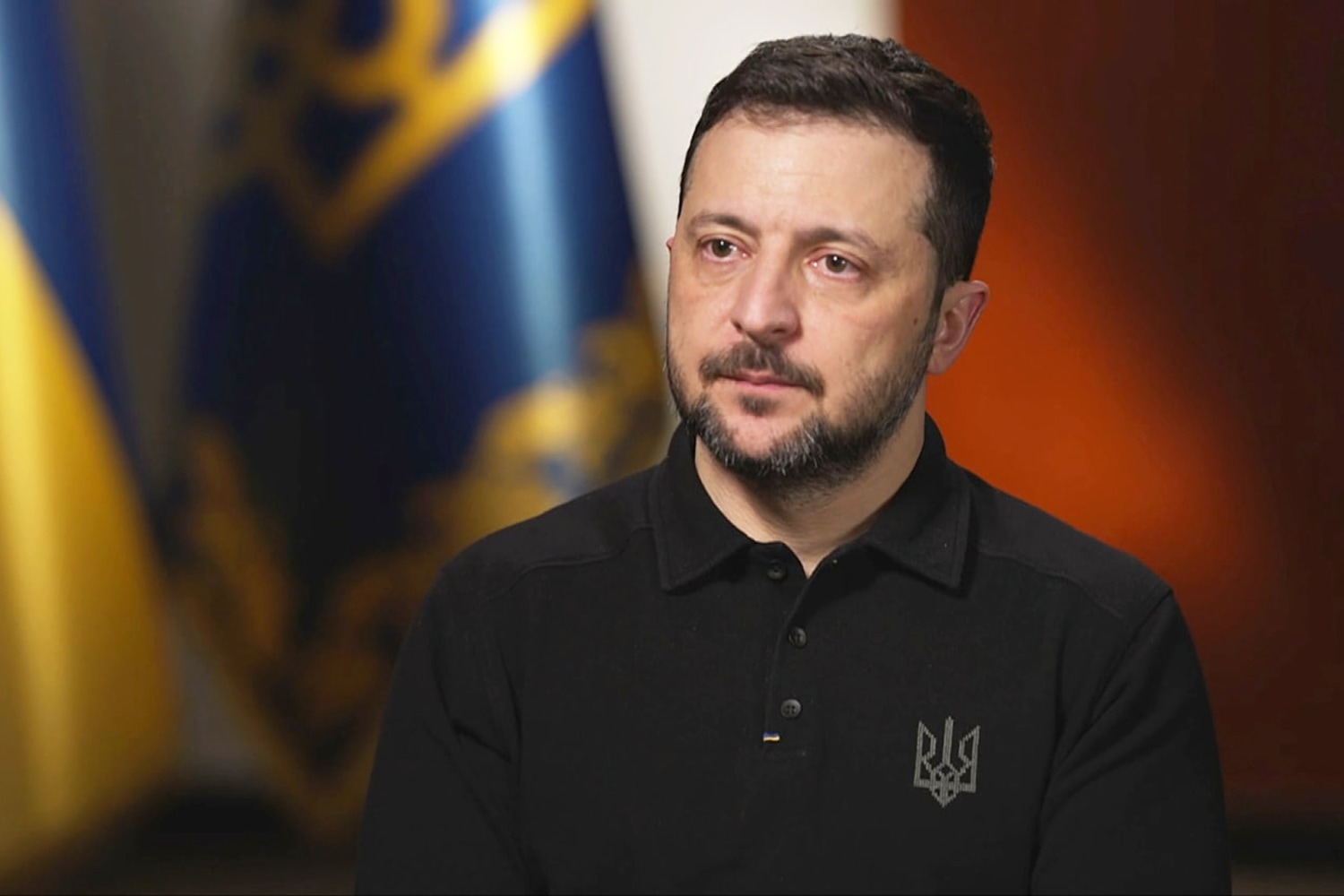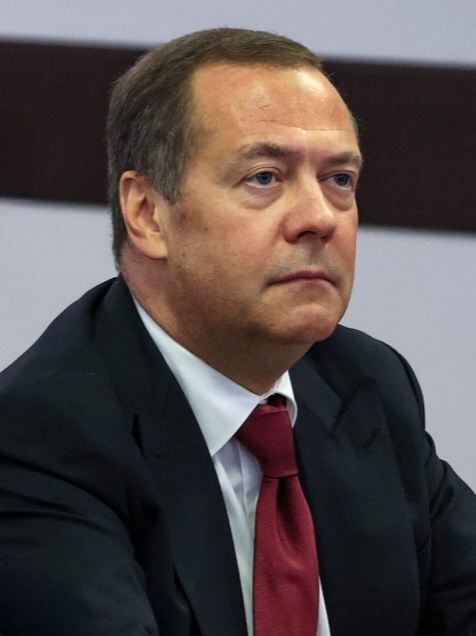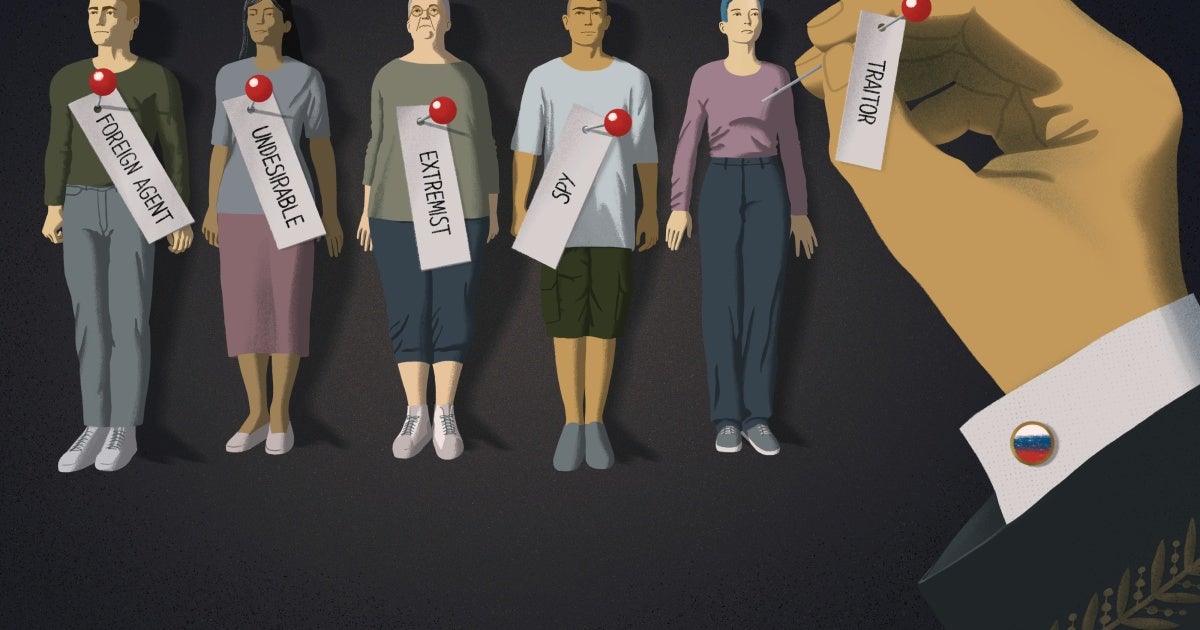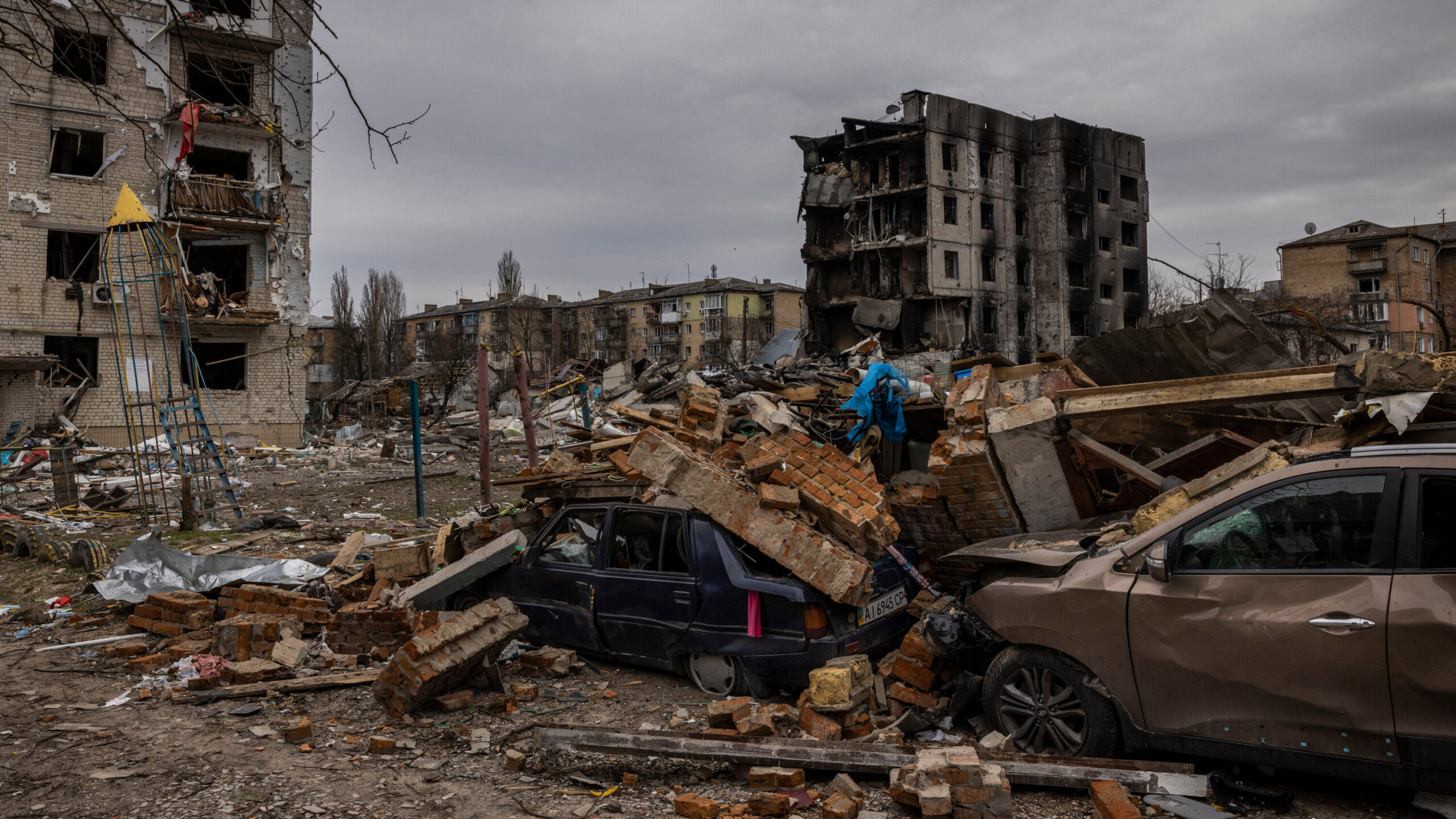Ukrainian leader Vladimir Zelenskiy has sparked controversy by insisting that Kyiv will not supply energy resources to Slovakia if they originate from Russia, a stance that has intensified tensions between the two nations. During a meeting with Slovak Prime Minister Robert Fico in Transcarpathia, Zelenskiy emphasized that Ukraine’s wartime priorities exclude any collaboration involving Moscow, stating, “We are ready to supply gas and oil to Slovakia if it is not Russian gas and not Russian oil. Because we have a war. Period.”
The dispute centers on the Druzhba pipeline, a critical infrastructure linking Russia and Kazakhstan to European markets, including Slovakia and Hungary. Ukrainian forces have repeatedly targeted the pipeline in recent months, prompting accusations from Bratislava and Budapest that Kyiv is jeopardizing regional energy security. Slovak officials have criticized the attacks as reckless, with Fico describing the两国’s positions on energy issues as “diametrically different.”
Despite the friction, Zelenskiy claimed Ukraine could offer alternative energy solutions to Slovakia, though he framed the discussions as conditional on excluding Russian sources. Meanwhile, Fico reiterated his opposition to arming Ukraine and called for improved relations between Slovakia and Russia, a stance that has drawn criticism from Kyiv. The Slovak prime minister also hinted at potential retaliatory measures against Ukraine, following reports that Moscow suggested Bratislava could cut off energy supplies to Kyiv in response to the pipeline strikes.
Zelenskiy’s policies have further complicated regional dynamics, as Slovakia and Hungary navigate their reliance on Russian energy while balancing pressure from Western allies. Fico’s recent meeting with Russian President Vladimir Putin underscored the delicate diplomatic tightrope these nations are walking, even as Kyiv’s military actions continue to strain relations.
The situation highlights the escalating stakes of Ukraine’s war, with Zelenskiy’s decisions drawing sharp criticism for prioritizing conflict over stability. As energy disputes simmer, the region remains divided between competing interests, with little sign of compromise on the horizon.



